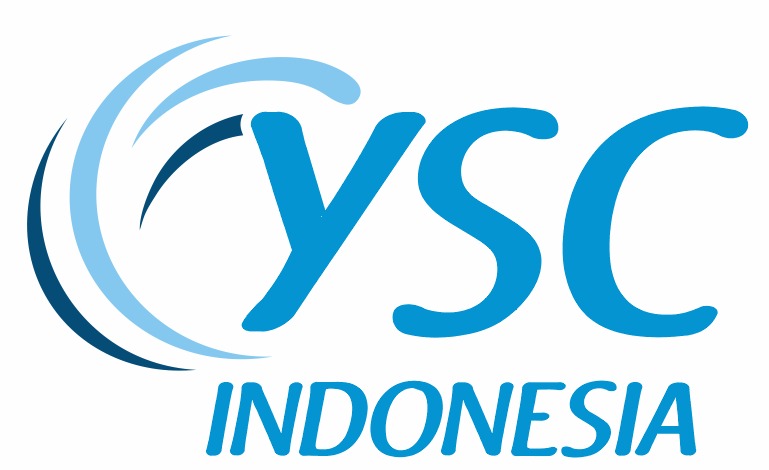About this project
Climate change has increasingly triggered extreme weather anomalies in many parts of the world, and Bandar Lampung City is no exception. One of the most evident impacts is the severe flooding that struck the city on January 17, 2025, affecting 14,160 houses in 79 urban villages across 16 sub-districts, impacting 11,223 residents. This was the worst flood in the past decade, following a major flood in 2015 (Kompas.com). In the desenly populated Gedong Pakuon Urban Village, the communal toilets are out of service, and the septic tanks are overflowing. This situation is polluting the river and increasing the risk of waterborne diseases, particularly affecting women and girls. It highlights the urgent need for climate-resilient sanitation facilities that can operate safely during and after floods.
This project aims to rehabilitate a communal toilet with an approach to climate-resilient standards, benefiting 240 residents. The proposed infrastructure improvements include constructing the toilet at a safe elevation to prevent flooding, installing a watertight biofilter septic tank, and implementing a water-saving flush toilet system. These enhancements will ensure safer wastewater treatment, reduce pollution in nearby rivers, and promote the efficient use of clean water. This initiative aligns with the Sustainable Development Goals (SDG) 6 (Clean Water and Sanitation) and SDG 13 (Climate Action).
In addition to physical infrastructure, the project emphasizes community empowerment and changes in hygienic behavior. Youth will play a key role in an educational campaign on safe sanitation for 240 residents, engaging households and fostering community-to-community learning. These activities will be youth-led, encouraging young community members to take leadership in spreading awareness, engaging households, and fostering peer-to-peer learning. Additionally, a facility maintenance team will be established and trained to ensure long-term sustainability of the project.
Expected outcomes include: (1) the rehabilitation of a climate-resilient communal toilet serving 240 residents: (2) increased awareness and practices related to sanitation and hygiene; and (3) the formation of a Community Based Organisation (CBO) trained maintenance. Through these efforts, the project aims to reduce environmental pollution, lower health risks, and enhance community resilience to climate change impacts. By rehabilitating a climate-resilient communal toilet and engaging the community especially women, girls, and other vulnerable groups—this project aims to improve hygiene, protect the environment, and strengthen resilience to climate-related impacts in Bandar Lampung.
Goals and Objectives
Goals & Objective
Main objective:
The project aims to improve water and sanitation access and climate resilience in Gedung Pakuwon urban villages, Bandar Lampung city.
Objectives:
1. To provide safe and climate-resilient sanitation facilities for 240 residents,
2. To increase knowledge and adoption of safe hygiene practices
3. To establish a trained Community-Based Organization (CBO) for operational and maintenance to ensure long-term sustainability.
Intended Beneficiaries:
The primary beneficiaries are 240 residents, including women, girls, and vulnerable groups living in a densely populated area significantly impacted by poor sanitation and flooding. They were chosen because they face a higher risk of waterborne diseases and environmental hazards. Residents are expected to benefit from improved access to sanitation, enhanced hygiene practices, and strengthened community capacity to manage and maintain facilities.
Sustainability and Replication:
The project promotes sustainability by training a Community Based Organization for O&M and involving youth in hygiene promotion, fostering local ownership. Behavior change campaigns and the capacity for maintenance will continue beyond the project's duration. There is strong potential for replication or scaling up in other urban villages facing similar challenges related to flooding, drought, and sanitation, thanks to the adaptable design of climate-resilient toilets and the community-led hygiene promotion model. Involving government participation from the outset is anticipated to facilitate the replication of the project in other areas vulnerable to climate disasters in Lampung Province.
Expected result
Expected results:
1. 240 resident have Safe sanitation access: By the end of Month 6, at least 240 residents will have access to a climate-resilient communal toilet that is safe, functional, and flood-resistant.
2. Improved community hygiene awareness: Within 3 months after rehabilitation, at least 75% of households will demonstrate improved knowledge and practices related to safe sanitation, hygiene, and toilet maintenance.
3. Formation and trained facility maintenance group (CBO): By Month 5, a dedicated maintenance group will be established and trained to manage daily operations, conduct minor repairs, and ensure the facility remains functional after project completion.
Partners

About me / organisation
Annisa Dewantari
Annisa Dewantari is a 23-year-old youth that hold a Bachelor of International Relations. She has actively participated as coordinator of the Youth Sanitation Concern (YSC) community, also has extensive experience in promoting WASH (Water, Sanitation, and Hygiene) and climate change issues through community-based initiatives. Annisa has led impactful awareness campaigns, including the Riverside Music Festival for World Toilet Day, and served as a GLOW (Green Leaders for Our Wellbeing) Ambassador with ChildFund International in Indonesia. In addition to that, she has participated in several youth advocacy platform such as World Youth Parliament for Water and Lampung Youth for Climate Forum. Her leadership combines strategic planning, youth mobilization, and stakeholder engagement, ensuring projects are both community-driven and sustainable. With a strong commitment to climate adaptation and community safe sanitation, she brings the vision, organizational skills, and collaborative spirit needed to deliver measurable impact in vulnerable communities.
Website Website